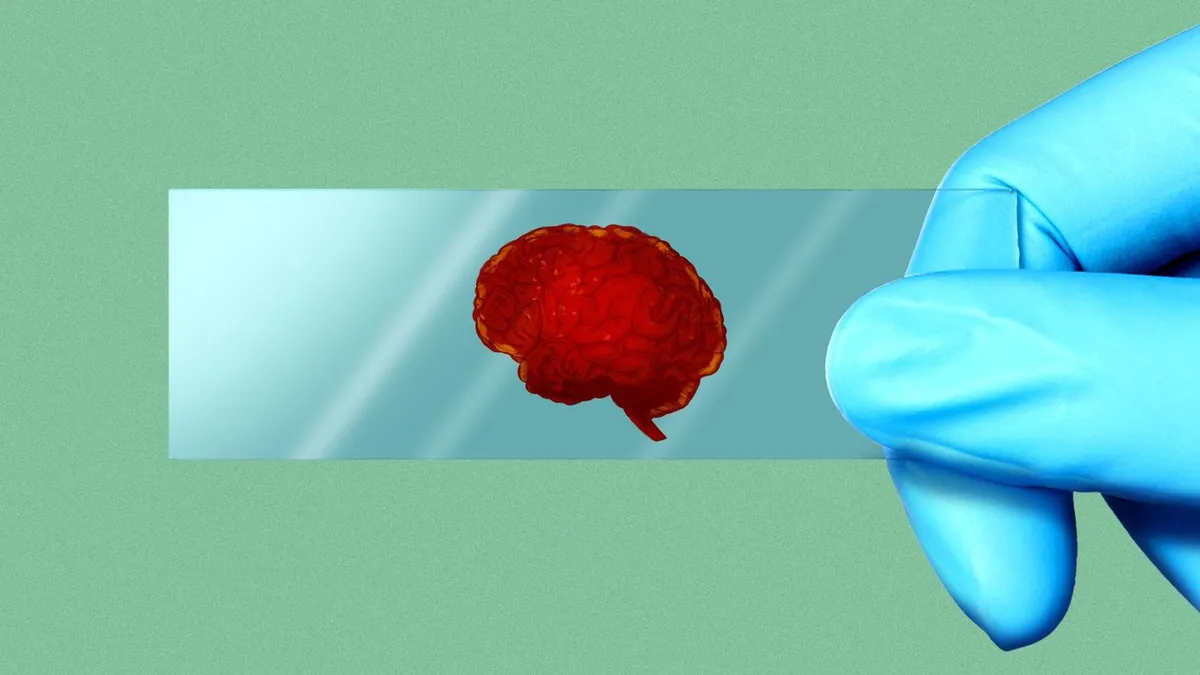
The U.S. Food and Drug Administration (FDA) has made a historic decision by granting approval for the first-ever blood test designed to assist in the diagnosis of Alzheimer's disease. This breakthrough is a significant advancement in the field of neurology, providing healthcare professionals with a new tool to identify this debilitating condition more efficiently.
Alzheimer's disease is a progressive neurological disorder that affects millions of people worldwide. Traditionally, diagnosing Alzheimer's has relied heavily on cognitive tests, medical history, and brain imaging. The introduction of this blood test offers a less invasive and more accessible method for diagnosis, which could lead to earlier intervention and improved patient outcomes.
This innovative blood test detects specific biomarkers associated with Alzheimer’s, making it a reliable indicator of the disease. By analyzing these biomarkers, healthcare providers can gain insights into a patient’s likelihood of developing Alzheimer’s, paving the way for timely treatment options. The test's accuracy and efficiency are expected to enhance the overall diagnostic process.
The approval of the Alzheimer's blood test is expected to transform the way doctors approach cognitive decline. With the ability to diagnose Alzheimer’s earlier, patients can receive appropriate care and support sooner. This timely diagnosis can also help families plan for the future and explore therapeutic options that may slow the progression of the disease.
The FDA's endorsement of this blood test is a monumental step towards improving the landscape of Alzheimer's diagnosis and treatment. As research continues to evolve, we may see further advancements in diagnostic tools that can provide even greater insights into this complex disease. Ultimately, the goal is to enhance the quality of life for those affected by Alzheimer’s and their families.
The FDA's approval of the first blood test for diagnosing Alzheimer’s disease marks a new era in the fight against this challenging condition. With this innovative tool, healthcare professionals can offer more accurate diagnoses, leading to better patient management and outcomes. As awareness and research grow, the hope is that more breakthroughs will emerge to combat Alzheimer's disease effectively.